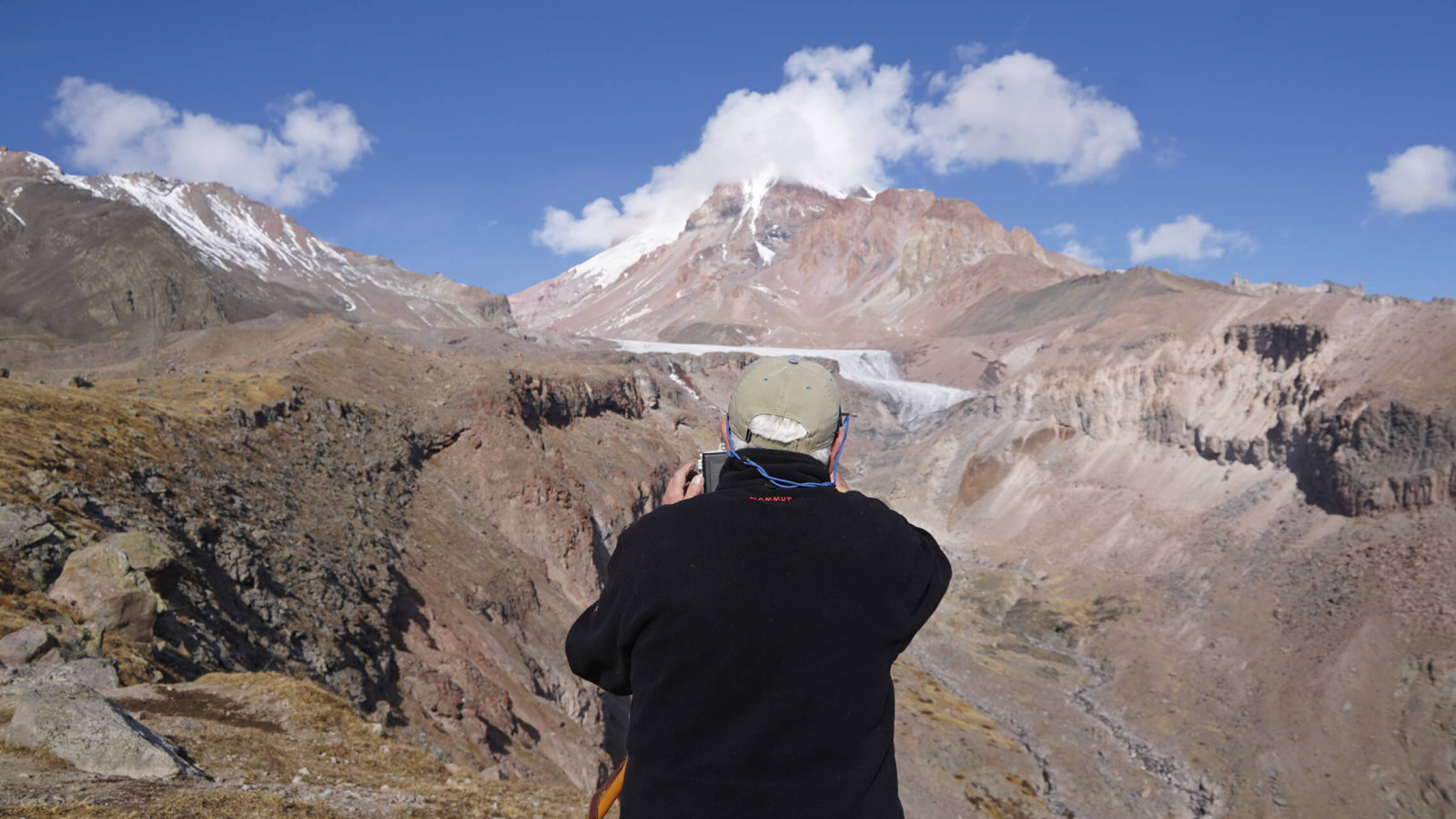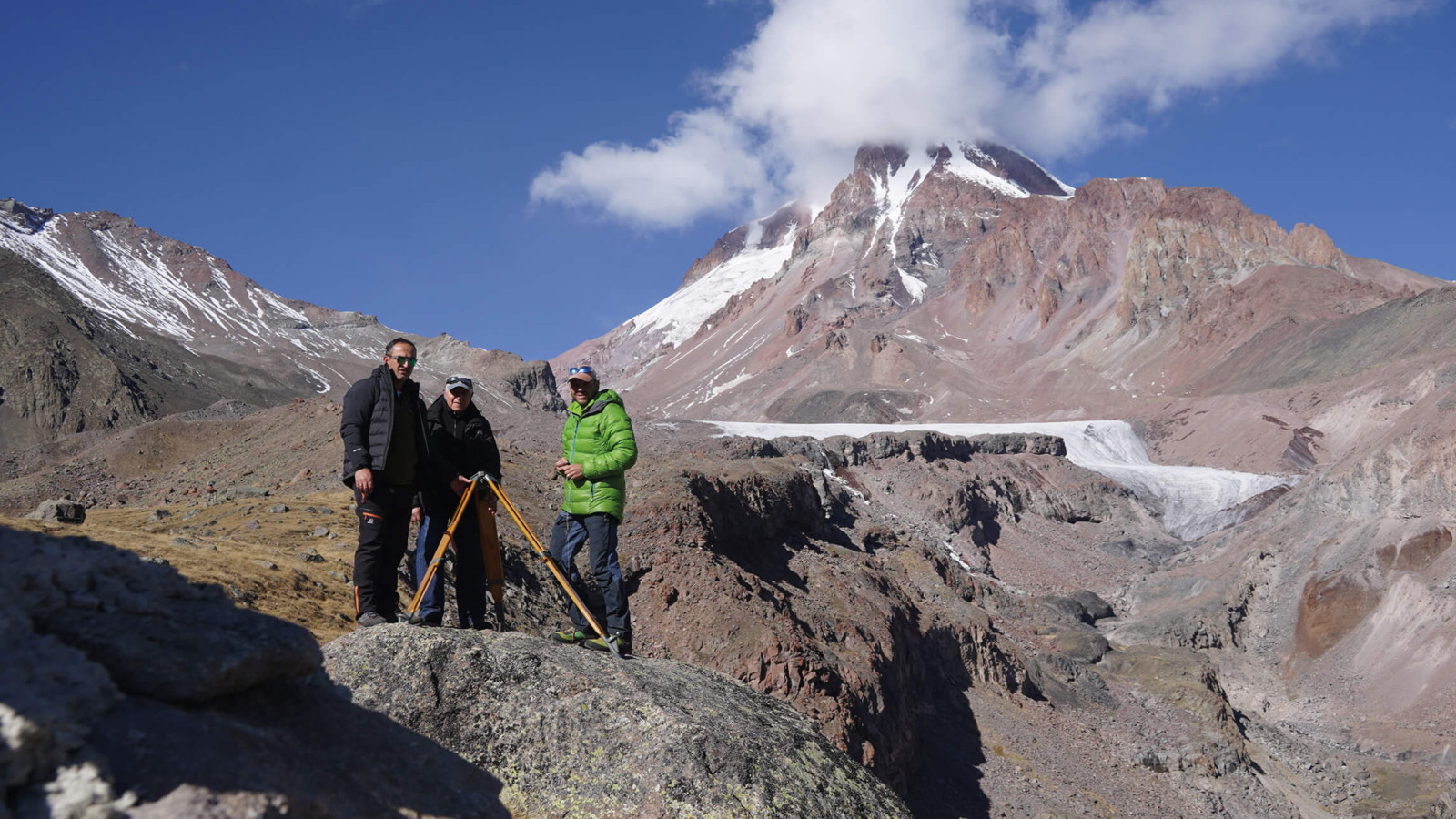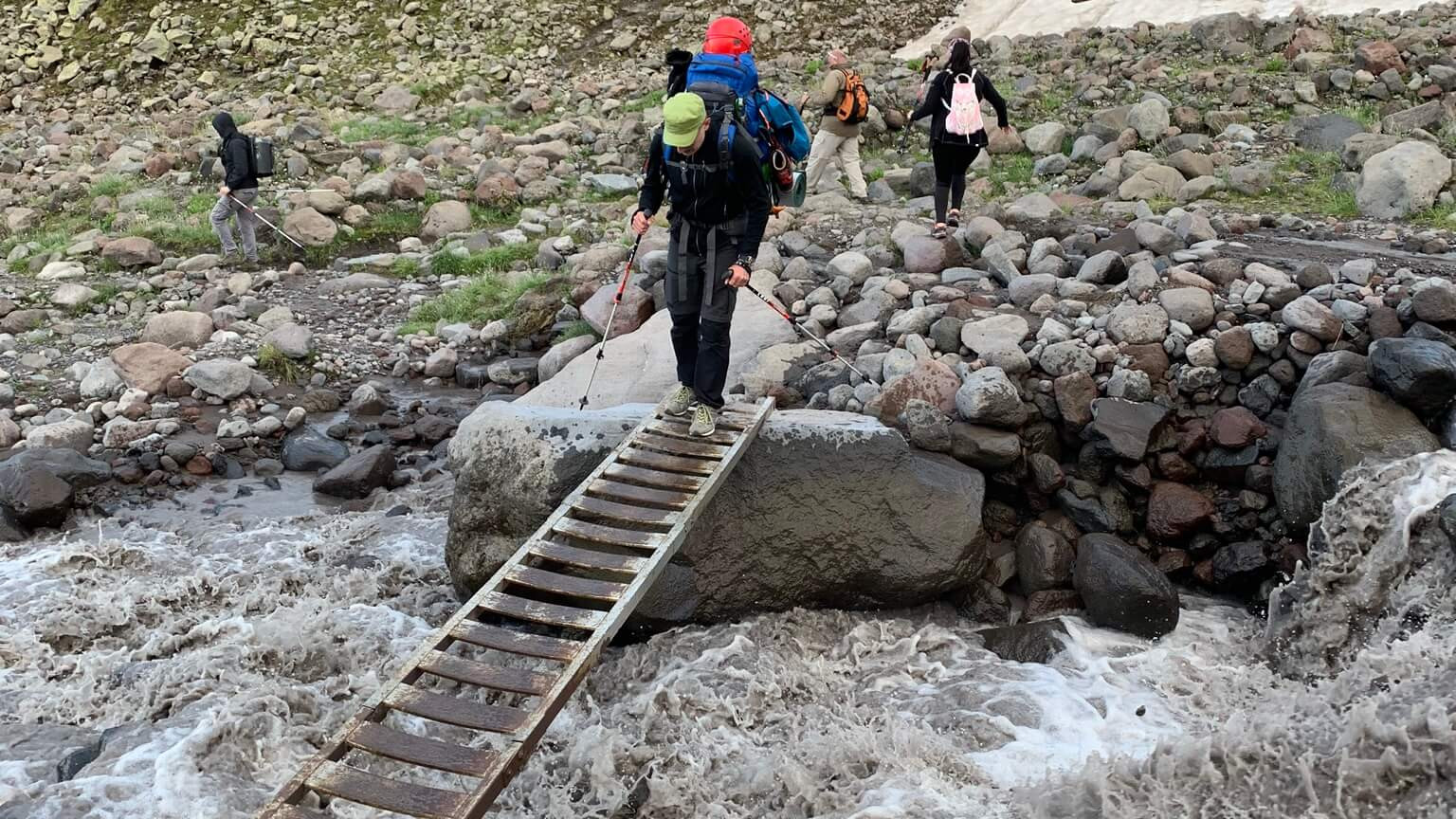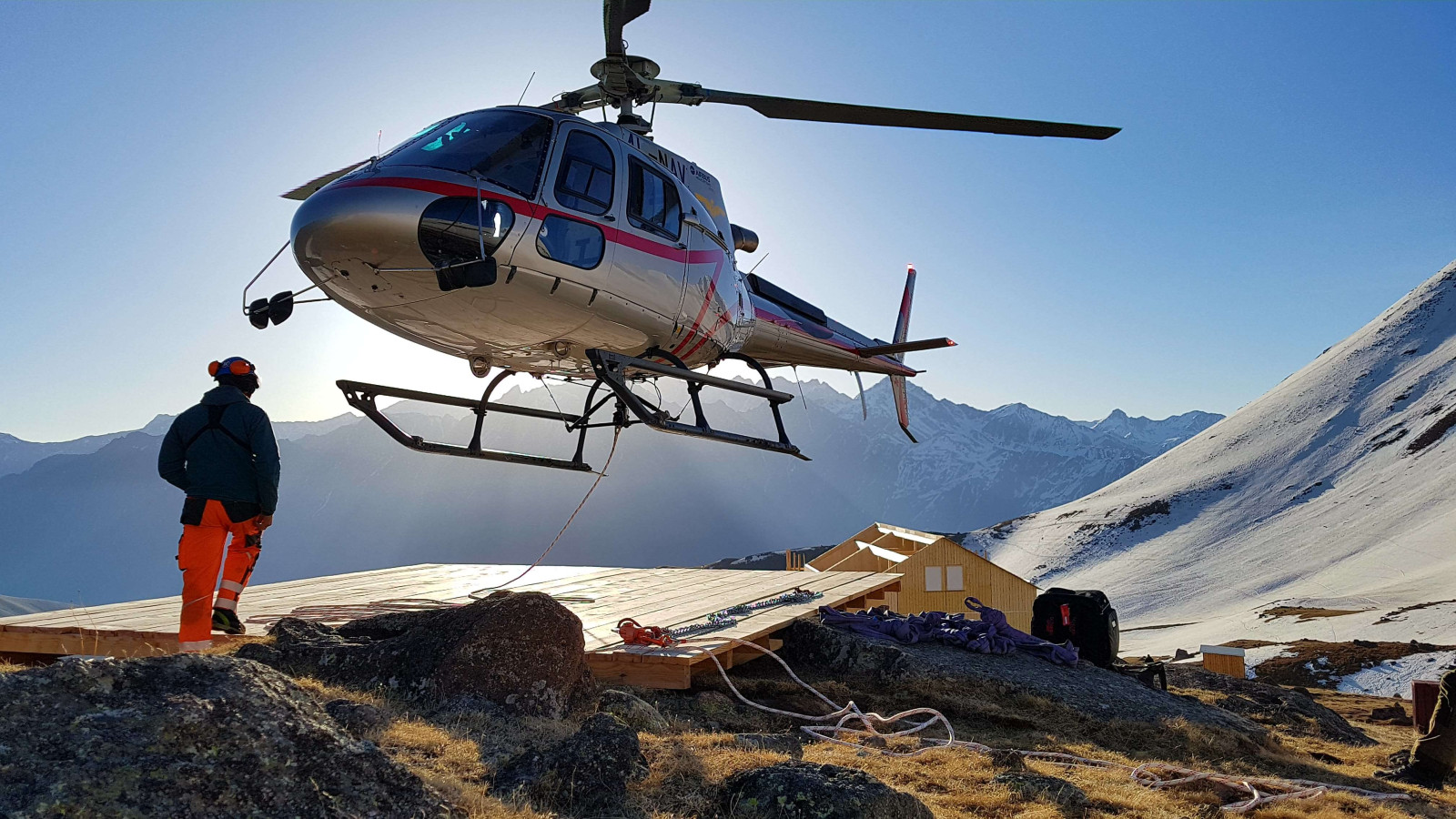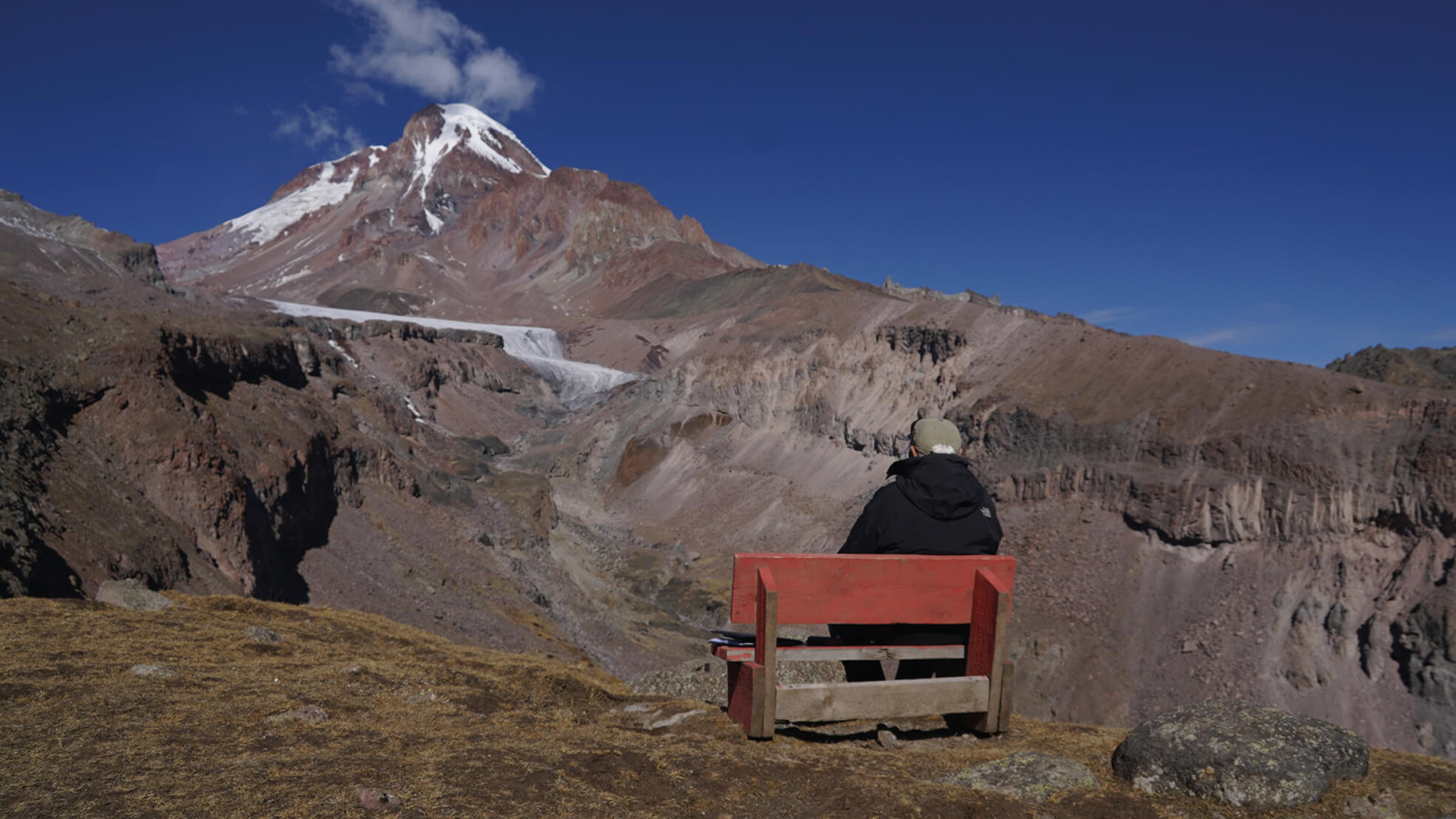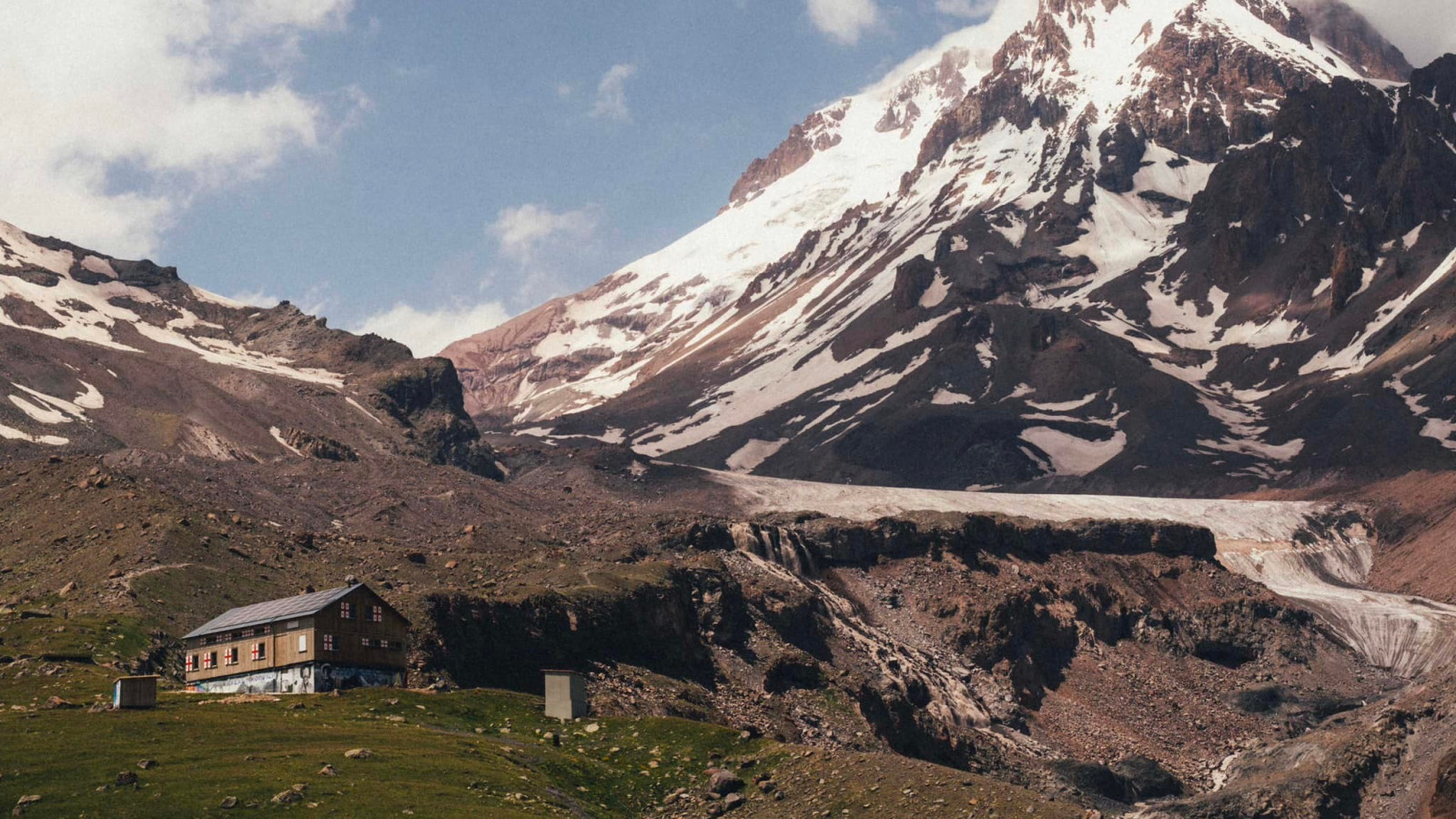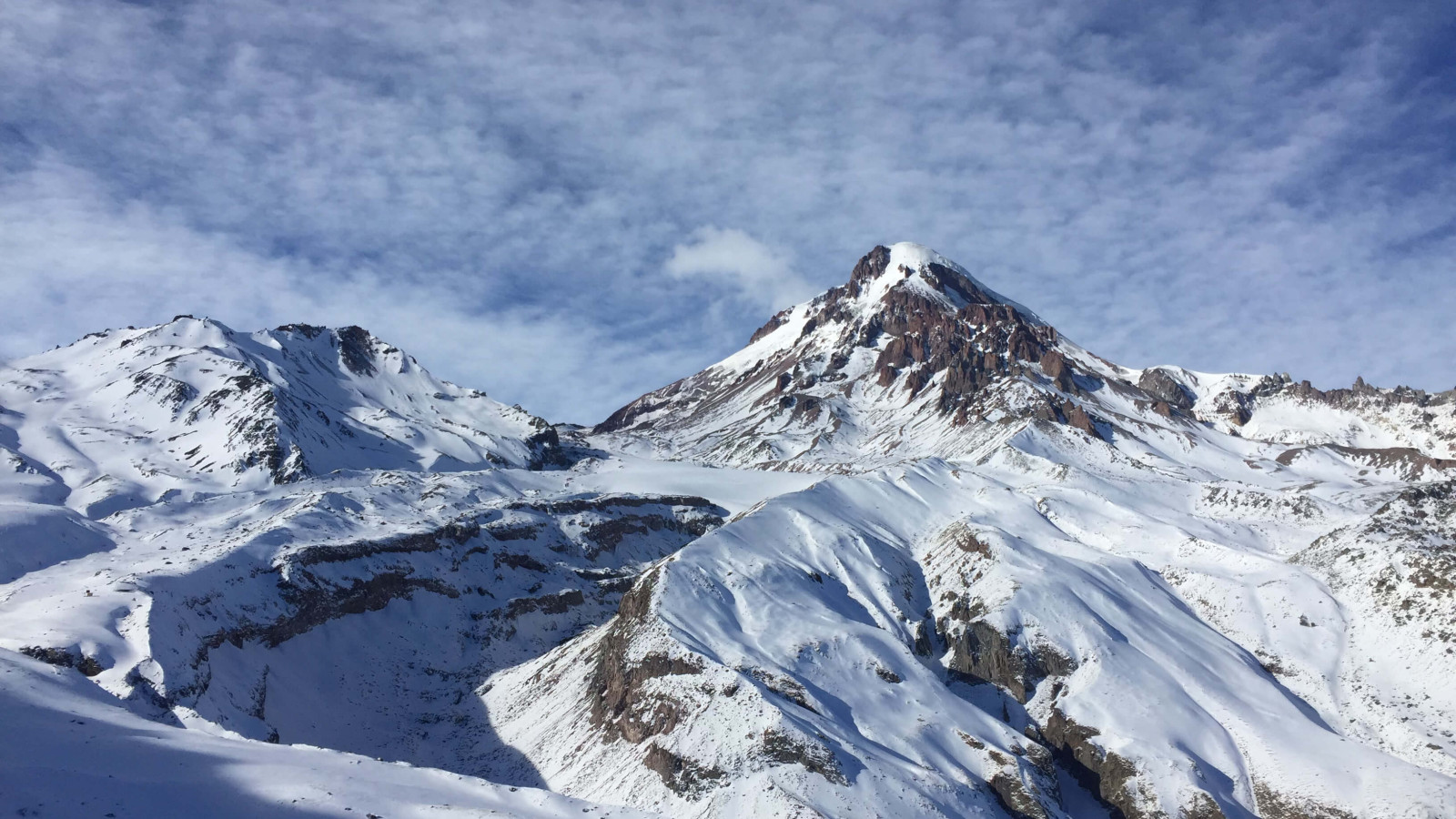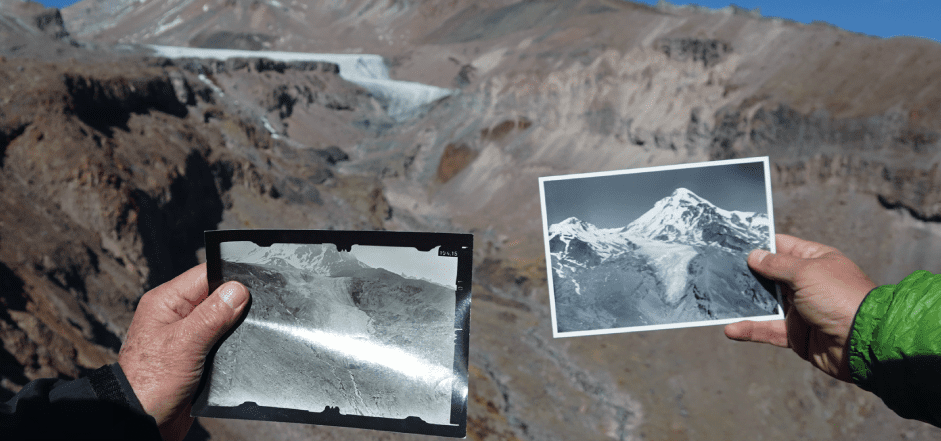
Gergeti Glacier Exploration, A story about Global Warming
Global Warming - The Truth Beyond Myths! Climate Change and Global Warming, a brief insight
https://www.youtube.com/watch?v=50nYQftbEVM
Scientists around the world warn us that climate change will be the most significant global challenge in the coming decades. Predictions suggest a potential temperature rise of up to 2°C by 2050. This clearly highlights that global warming, accompanied by its irreversible processes, poses a tangible threat to our planet. Of course, Georgia is not exempt from global warming, with tangible evidence visible in the melting glaciers.
Moving from a general perspective to a more focused view, we accompany scientists on their expedition to Gergeti Glacier.
Location: Gergeti Glacier
Mountain Hut: Altihut
Elevation: 3014 m
Expedition Members: Two Generations of Scientists
Two scientists, father and son, Giorgi Abuladze and Giorgi Gotsiridze, prepare for their expedition to Gergeti Glacier. Veteran geographer Giorgi Abuladze returns to this place after 30 years to document and visually capture the impact of global warming.
Giorgi Abuladze: > "I was born in 1936 and I am a professional geographer. I graduated from Tbilisi State University and the Moscow Institute of Aero-photo Geodesy and Cartography. My first photograph at this very location was taken in 1973, and the next one in 1979. When comparing these photos, the glacier’s retreat is strikingly clear."
Giorgi Gotsiridze: (while showing photos) > "The difference is visually evident in these photographs. Today, we plan to use a traditional yet precise method to document exactly how far the glacier has retreated. The mission of our expedition is to create a new photo reflecting the current condition."
Fieldwork Begins...
Our protagonists select the perfect spot for capturing clear imagery of the glacier’s frontal part, ensuring it's identical to the location used in 1973.
Giorgi Abuladze: > "My first fieldwork was in Chaukh mountains, in the Khde valley. Later, I ventured out alone, deeply fascinated by glaciers. In 1960, I conducted my first survey of the Tviberi glacier using conventional trigonometric methods."
According to Giorgi Gotsiridze, earlier methods required immense physical effort, which has significantly eased over time: > "Previously, specialists had to carry heavy equipment on their backs. Today, the process is simplified. We reached here by helicopter and have the mountain hut Altihut nearby for comfort. Now we measure geodesic coordinates with high precision, something previously impossible without extensive manual labor and months of effort. Today, we can complete this work within just a few hours."
Giorgi Abuladze recalls the difficulty of using aerial photography decades ago: > "Previously, aerial materials were primarily managed by the military, who would release them after two or three years. By that time, the data was outdated and did not accurately reflect reality."
Giorgi Gotsiridze: > "The spot where we stand now was covered with several meters of ice just 12 years ago. Today, only rocks remain. This illustrates the impact of global warming and climate change. Why did this happen? Because precipitation patterns have shifted, temperatures have risen, and the rain line has moved upwards."
Environmental problems often gain attention only when directly affecting people. Hence, groups skeptical about global warming frequently ask how it affects them personally.
Giorgi Gotsiridze’s straightforward answer: > "In certain areas, we will start witnessing unprecedented processes like mudflows and landslides. Water resources and snow-ice reserves will diminish, critical for our future water supply. Microclimates, flora, and fauna, all these undergo significant changes, causing considerable environmental damage."
The scientist emphasizes the importance of public interest in glaciology: "Observing glaciers is fascinating and allows us to understand ongoing trends. We can monitor their changes but cannot halt nature’s laws."
The National Environmental Agency has been closely monitoring glacier movements, especially the Devdoraki Glacier, since 2016.
The expedition lasted four hours. New photographs confirmed that since 1973, Gergeti Glacier has retreated by one kilometer, approximately 21 meters annually(!). This factual evidence vividly demonstrates the truth of global warming, beyond myths!
#takecareofyourplanet
please

